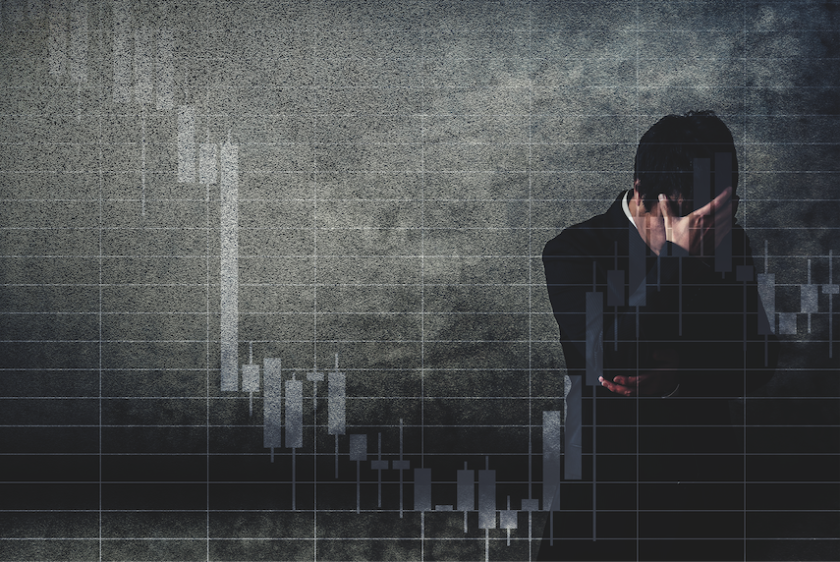Market analysts take a more pessimistic approach to forecasts in the wake of terrorist attacks and mass shootings, new research has found.
Analysts located close to the attacks were more likely to issue lower earnings forecasts during the next 30 days, even when the event was unrelated to financial markets, according to a paper published in the journal Management Science.
Dr Constantinos Antoniou, associate professor of finance and behavioural science, Warwick Business School, said: “It is commonly thought that emotions play no part in investment-related decisions. Our results go against this widely held view. We found that security analysts located close to terrorist attacks and mass shootings became more pessimistic in their earnings forecasts in the days after the attack than those based further away.
“This finding suggests that negative emotions such as sadness, fear, and anxiety can make people more pessimistic about future events.”
Researchers used data from the Global Terrorism Database, Mother Jones and quarterly analyst forecasts for US firms from Thomson Reuters to examine forecasts made by sell-side equity analysts following 91 terrorist attacks and mass shootings in the US between 1994 and 2016.
It showed that analysts based within 100 miles of an attack were 8.7% more likely to make a pessimistic forecast during the next 30 days. Analysts were also 8.1% more likely to make a pessimistic forecast around the first anniversary of a local attack, although they were no more pessimistic by the third anniversary.
Alok Kumar, research professor, Warwick Business School, added: “Understanding how emotions affect analyst forecasts is important because they are a valuable source of information for investors. If investors respond to emotion-driven forecasts from analysts, the impact of emotions on the market prices could get amplified through this spillover effect.”




































